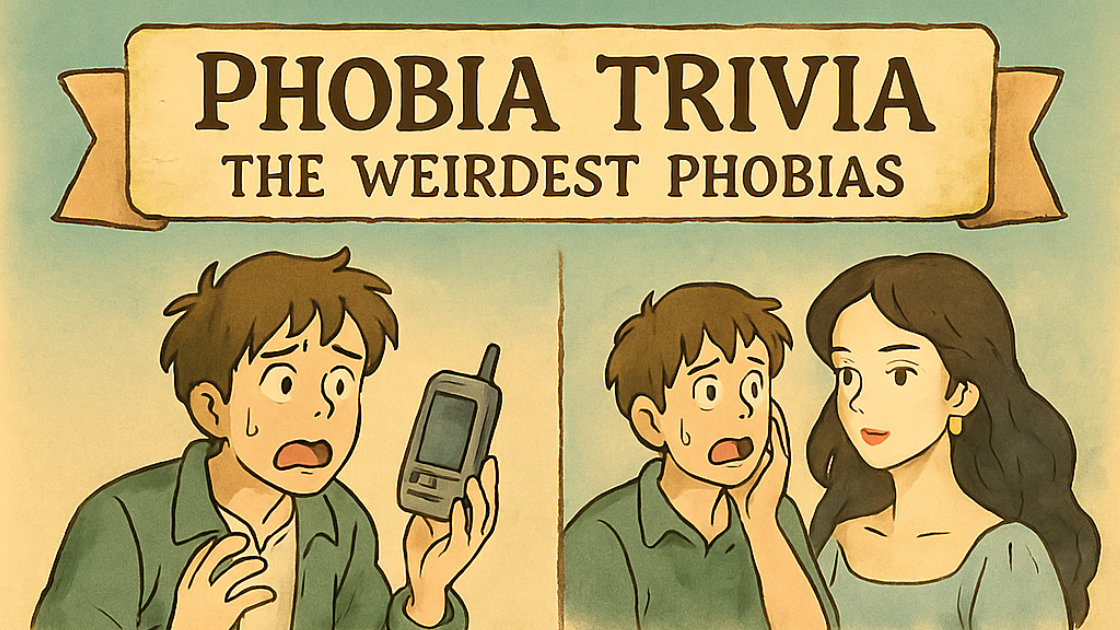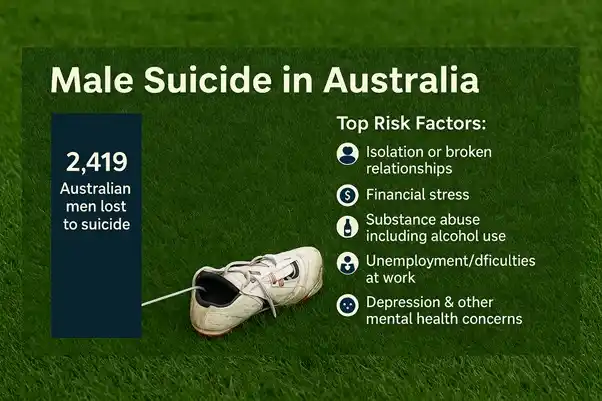How and why should I tell my doctor if I think I have a mental health problem?
Mental health problems are widespread in Australian society. While publicity and awareness about their prevalence and understanding of possible causes continues to grow, stigmas around mental illness remain which can make it difficult for those who suspect they are unwell to speak up about their concerns without feeling embarrassed, ashamed or fearful of being ignored or invalidated.
If you do suspect you have a mental health problem, speaking to your doctor is an important first step in finding the help you possibly require. Firstly, GPs are trained to know about a broad array of medical issues, including mental health problems. They are often the first port of call for individuals with psychological distress and therefore are highly experienced in working collaboratively with patients to determine whether there is a problem, what it might be and who the best person to help is. Furthermore, as most doctors encounter mental health problems so often, they tend to be experienced in listening to and dealing with people who are in distress.
When you are ready to speak with your doctor about your mental health, it is important to be open and honest about what you have been experiencing even if it seems awkward, upsetting or trivial. Ideally your doctor will spend considerable time listening to you and asking you further questions about your thoughts, feelings and behaviours and explore your opinions on medication and therapy.
There are some mental health problems whereby medication is mandatory to their management such as schizophrenia, psychosis and forms of bipolar disorder. Although many GPs prescribe psychiatric medication, individuals with such severe illnesses generally require management by an experienced psychiatrist who can be located through a doctor. Similarly, in Australia if someone is requiring admission to a private psychiatric facility perhaps due to a suicidal or depressive crisis, the admission must be facilitated by a psychiatrist with admitting rights at that particular hospital.
In addition to referring to a psychiatrist, a doctor may refer a patient in psychological distress to a therapist (often a psychologist, but on occasion a mental health social worker or occupational therapist or psychiatric nurse specialising in psychotherapy) and arrange for medicare rebates to apply for up to 10 therapy sessions. The rebates apply to those who are experiencing problems including depression, anxiety, drug addiction, eating disorders, trauma, sleep and sexual difficulties. However the medicare rebate is only applicable to patients with the correct referral from their GP.
Alternatively after discussing your concerns your doctor may reassure you that treatment at this stage is not necessary. In any case the referral may be based more on the provider being able to accept medicare or private health rebates than anything else, which is not always the ideal option.
Not all GPs are necessarily aware that there are certain other professional counsellors and psychotherapists available (non psychologists or psychiatrists) who provide highly effective treatment for many mental health complaints. Finding the right GP is therefore very important.
Here are a couple of blogs written on this topic you might find useful:
What Are Australians Most Afraid Of? N...
From snakes and spiders to needles and ghosts, fear takes many forms. But what do Australians fear most in 2025? To find out, we turned to one of the.
Is It Time For The AFL To Cast A Menta...
At Bayside Psychotherapy we are passionate about mental health and like many fellow Melbournians, many on our team are avid AFL fans. So when two of our.
Exploring Emerging Therapies: Understa...
At Mind Medicine Australia, we are dedicated to transforming the trea.
The Balance of Power in Romantic Relat...
Why do some relationships thrive while others feel like a constant tug-of-war? Power dynamics lie at the heart of this balance.











